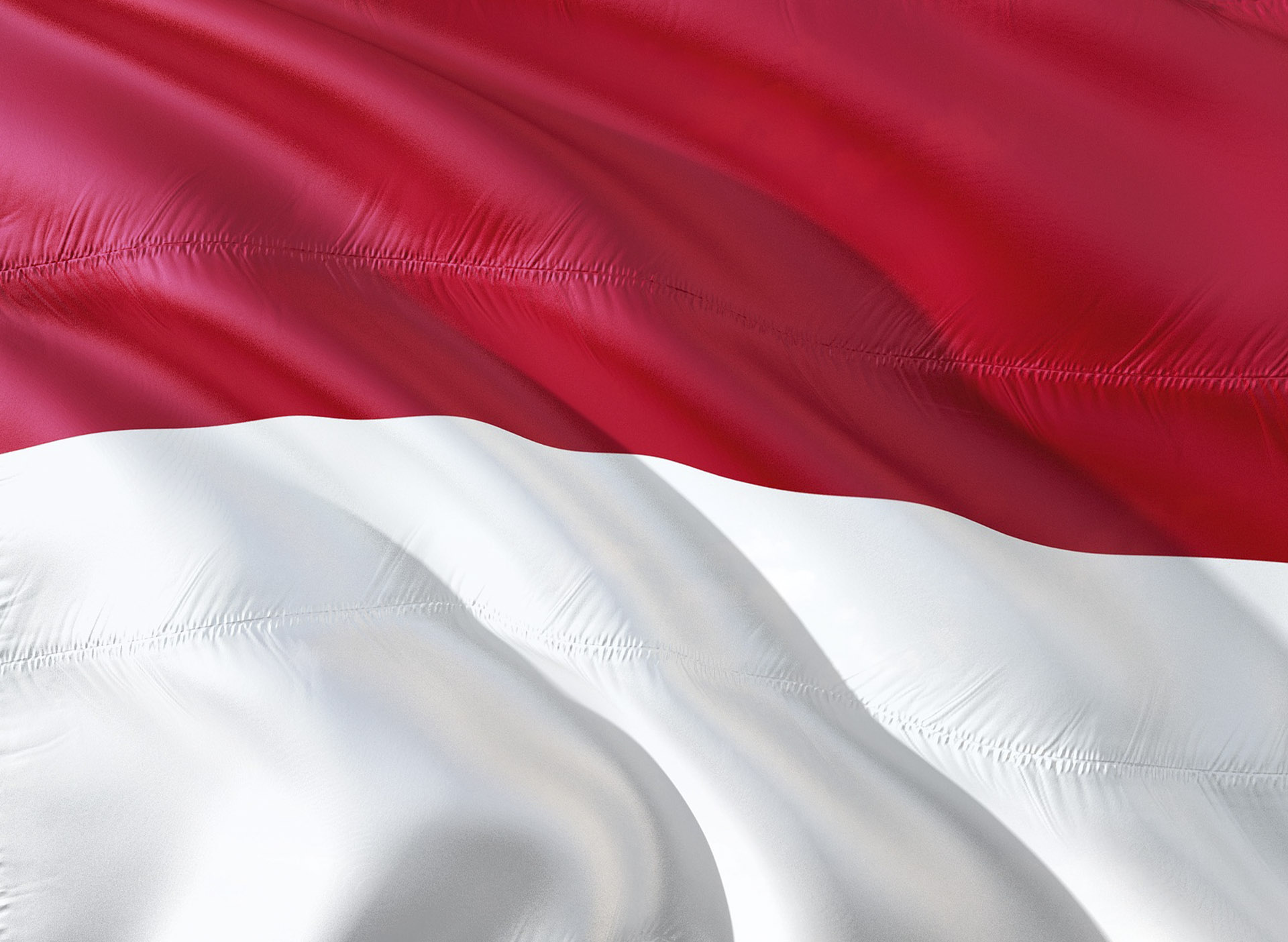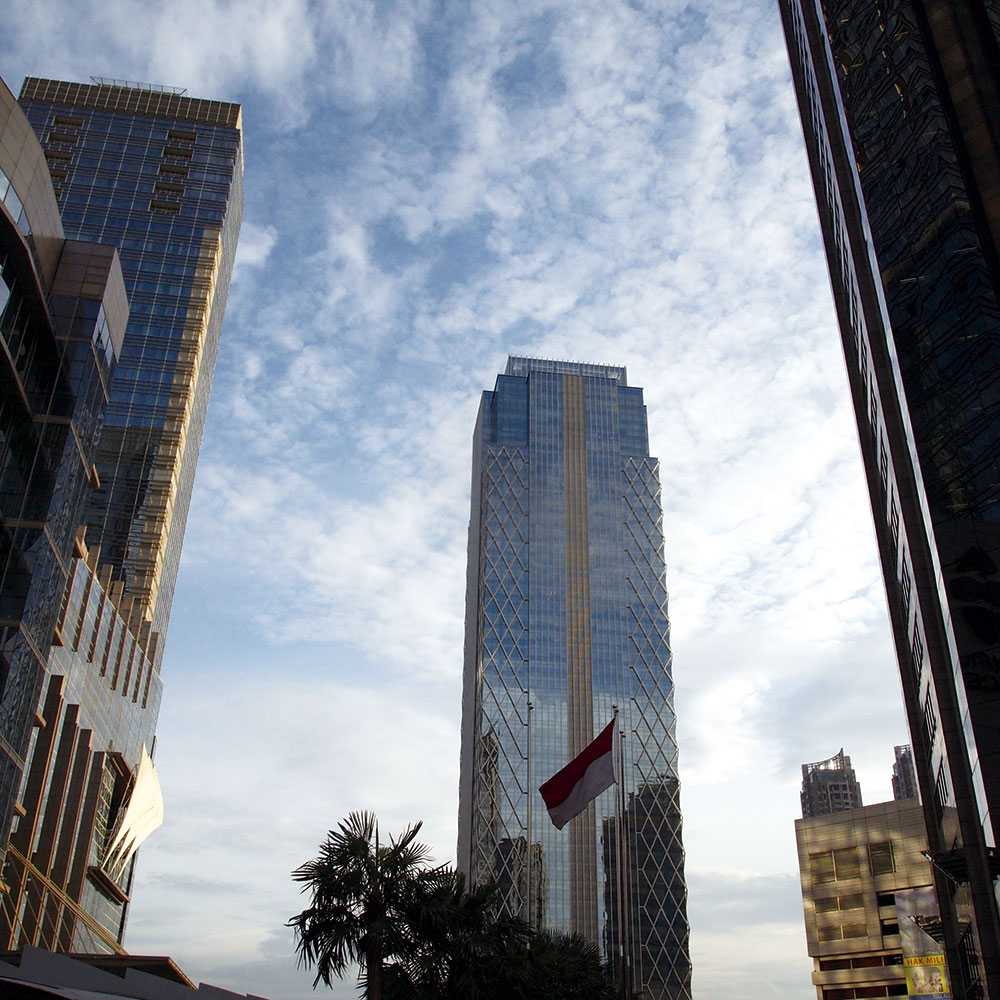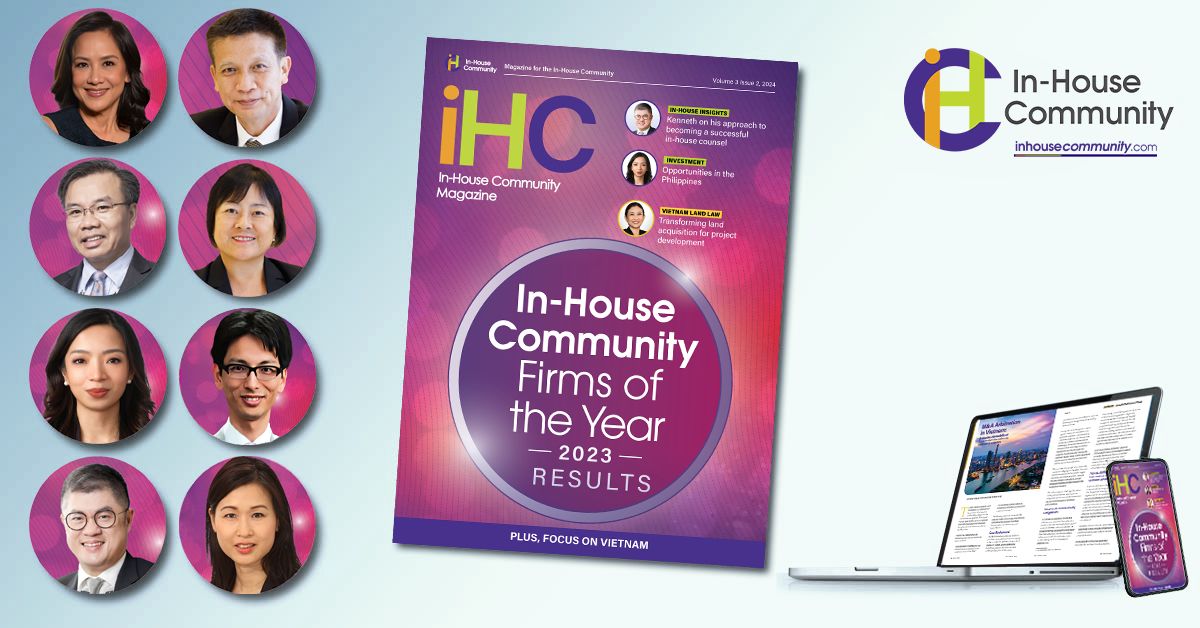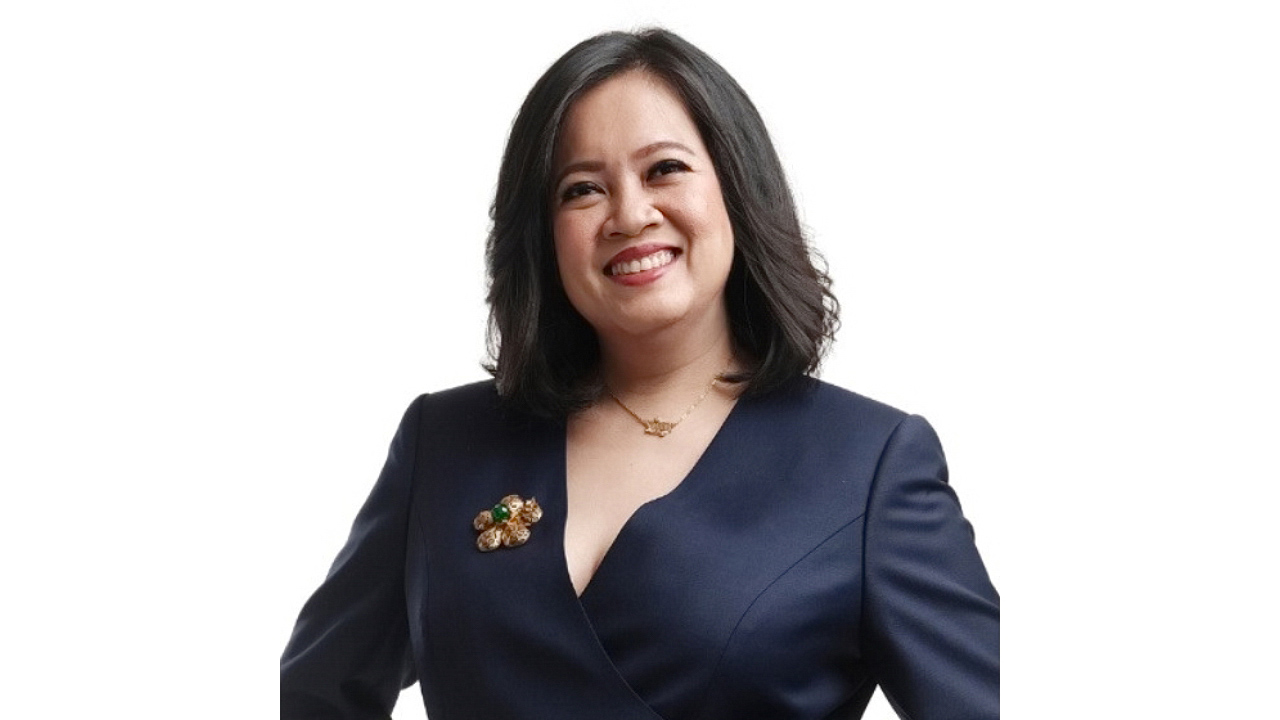
Menara Imperium, 30th Fl. Jl. H.R. Rasuna Said Kav. 1 Jakarta 12980, Indonesia
Tel: (62-21) 831-5005, 831-5025 Fax: (62-21) 831-5015, 831-5018
E: dini@lgslaw.co.id • indra@lgslaw.co.id W: www.lgslaw.co.id
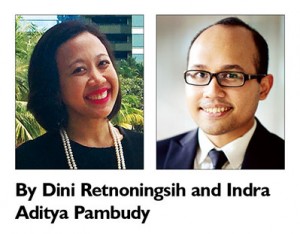 On January 11, 2017, the Government of Indonesia enacted Government Regulation No. 1 of 2017 on Fourth Amendment of Government Regulation No. 23 of 2010 on Implementation of Mineral and Coal Mining Business Activity (Government Regulation No. 1/2017).
On January 11, 2017, the Government of Indonesia enacted Government Regulation No. 1 of 2017 on Fourth Amendment of Government Regulation No. 23 of 2010 on Implementation of Mineral and Coal Mining Business Activity (Government Regulation No. 1/2017).
Government Regulation No. 1/2017 governs three key areas, namely domestic processing obligations, procedure to obtain export recommendation and divestment obligation. To further detail the provisions set out under Government Regulation No. 1/2017, the Minister of Energy and Mineral Resources issued three implementing regulations, namely:
- Minister of Energy and Mineral Resources Regulation No. 5 of 2017 on Enhancement of Minerals Additional Value through Mineral Processing and Refining Activity in Indonesia (Minister Regulation No. 5/2017);
- Minister of Energy and Mineral Resources Regulation No. 6 of 2017 on Procedure and Requirement of Issuance of Mineral Export Recommendation Resulting from Processing and Refining (Minister Regulation No. 6/2017); and
- Minister of Energy and Mineral Resources Regulation No. 9 of 2017 on the Procedure for Share Divestment and Share Divestment Pricing Mechanism in Coal and Mineral Mining Business Activity (Minister Regulation No. 9/2017).
Domestic mineral processing and export
One of contentious area of Indonesia’s mining law is the restriction on export of unrefined minerals. Government Regulation No. 1/2017, Minister Regulation No. 5/2017 and Minister Regulation No. 6/2017 have the combined effect of maintaining the prohibition on the export of unrefined minerals.
Under the current regime, there are two mineral purity bands, namely “processed” and “purified”. All minerals are subject to in-country processing and/or purification as an export precondition, irrespective of whether the requisite purity level is listed or not. Minister Regulation No. 5/2017 further provides that mineral commodity whose processed-band and/or purity-band level are not yet set under the current regulation will not be eligible for export until after such requisite processed-band and/or purity-band level has been set.
Minister Regulation No. 5/2017 prohibits holders of Contract of Works (CoW) (previous generation contract-based mining concession) from exporting processed minerals in certain amount without first converting their concessions to the current licence-based IUP regime. The legal justification for imposing such restriction is not immediately clear, although one possible reason is the government’s desire to force holders of CoW to convert to IUP. Even after conversion, the export of processed minerals in certain amount is allowed for only five years as of the enactment of Minister Regulation No. 5/2017 (ie, until January 11, 2022). CoW holders are, however, permitted to export minerals that have been processed up to purified-band purity level.
Divestment obligation
While divestment obligation was mandated from as far back as 2009 when the current mining law regime was enacted, the divestment mechanism has always been contentious. Under Government Regulation No. 1/2017 and Minister Regulation No. 9/2017, the divestment mechanism was streamlined across foreign-owned coal and mineral mining companies, as opposed to differentiation between minerals adopted previously.
The divestment obligation applies to all companies with foreign-owned shares therein, whether or not such company is undertaking in-country mineral processing, and becomes applicable on the fifth anniversary of commercial (production) operations. A company subject to divestment obligation is required to gradually sell shares therein to Indonesian party, such that by the 10th anniversary of the commercial (production) operation, 51 percent of the company’s shares is owned by the Indonesian party.
An Indonesian party for the purpose of the divestment obligation comprises:
- The central government;
- Provincial or municipal/regency government;
- State-owned enterprise and regional government-owned enterprise;
- National Indonesian private business entity (which must be 100 percent Indonesian-owned to qualify).
The divestment is to be undertaken gradually (see table).
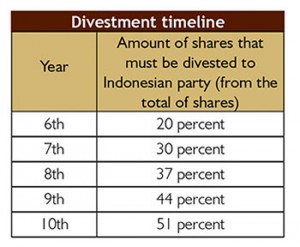
Price determination is based on fair market value. It, however, excludes the values of mineral or coal reserves contained within the concession at the time of the share offer being divested.


